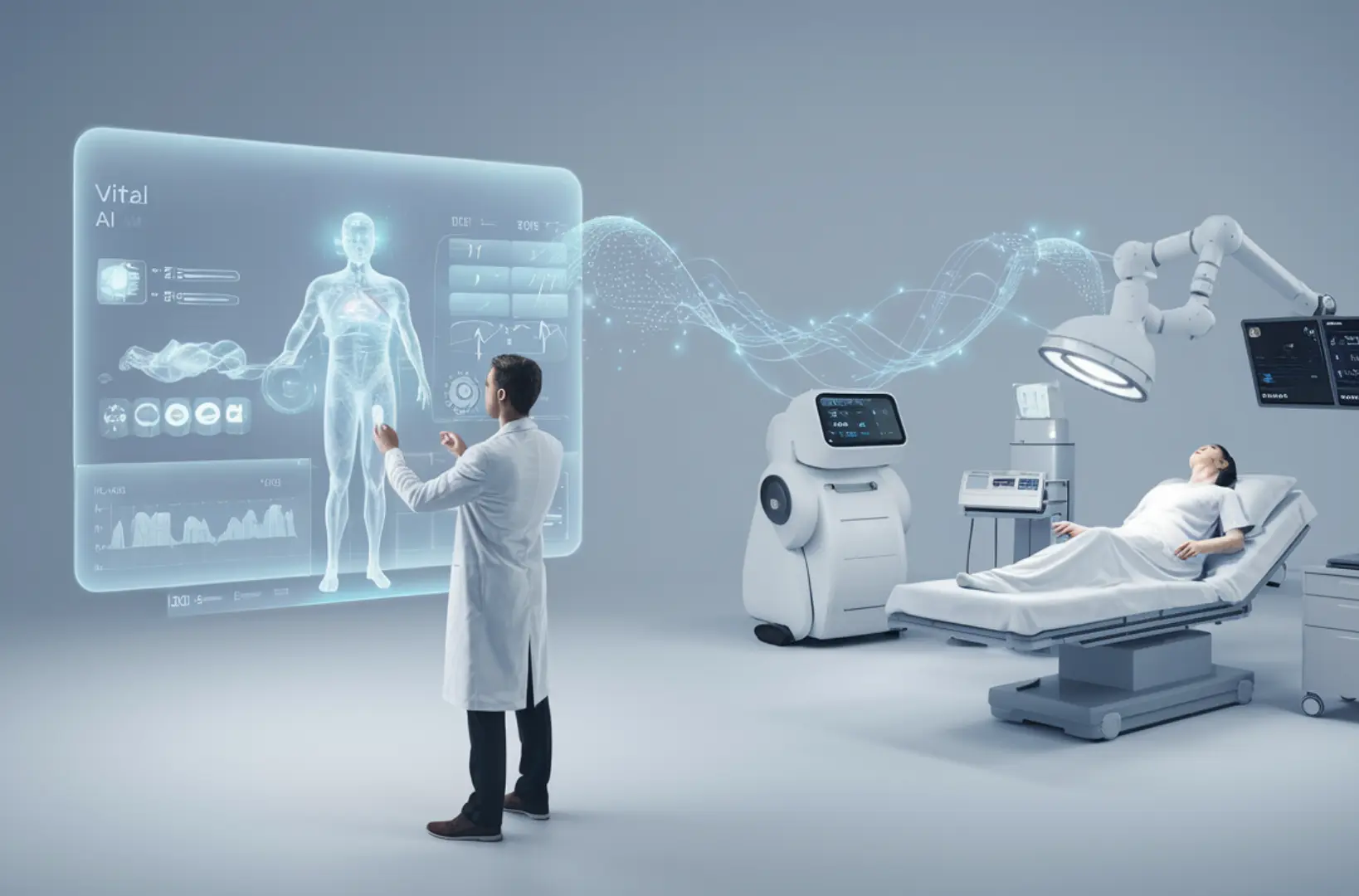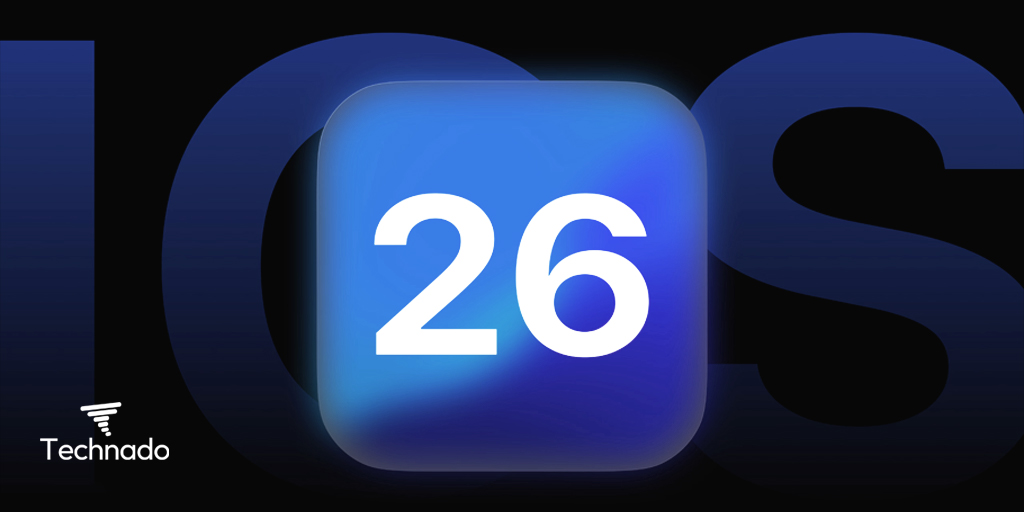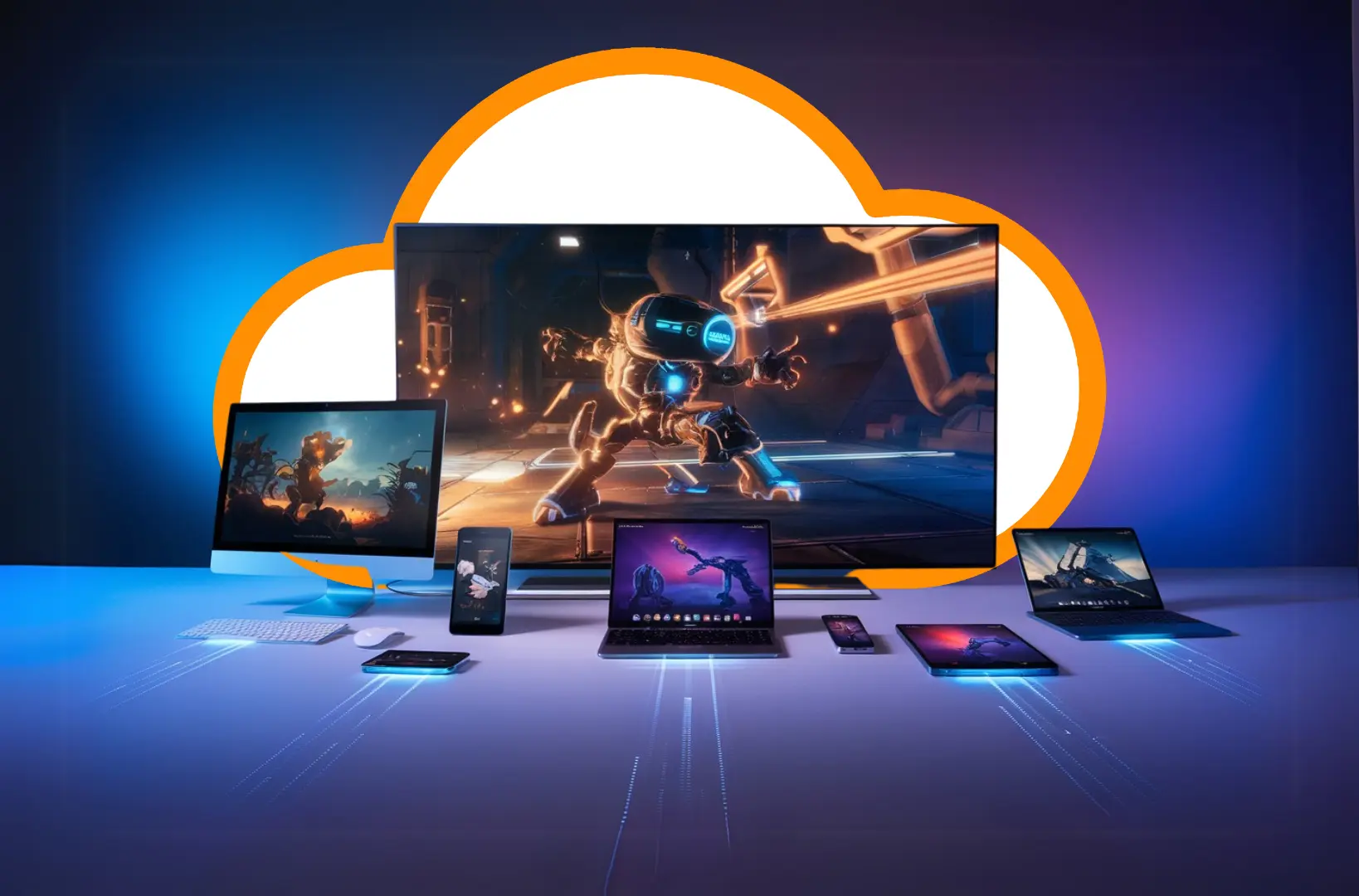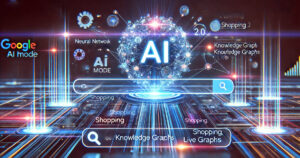The shift in the healthcare sector is imminent and gaining momentum due to the current technological advancements. New technologies like Blockchain, Artificial Intelligence (AI), the Internet of Things (IoT), Fifth-generation network (5G), and the Metaverse (AR/VR) are combining to create a new generation of healthcare. This is because the conventional healthcare systems have some challenges that include; data being stored in different hospitals and healthcare facilities, and health access is a problem in rural and underdeveloped areas, according to the World Health Organization about 10% of the medical products in low and middle-income countries are substandard or falsified, and then there is the issue of security and privacy of patient’s information as well as cyber security.
The solution? It is a digital, decentralized healthcare system based on Blockchain, AI, IoT, 5G, and the Metaverse.
Blockchain: The Future of Secure and Decentralized Healthcare
Blockchain technology offers an efficient and secure way of data management in the healthcare sector. Patient records, insurance claims, and pharmaceutical supply chains can be stored on a digital ledger that cannot be altered easily and hence reduce fraud, delays, and unauthorized access.
Real-World Case Study: Blockchain Healthcare System of Estonia
Estonia is a classic example of the use of blockchain in healthcare. The national electronic health records system was established in 2012 and the patient can manage his/her health information remotely. The system has enhanced the accuracy of the data collected and at the same time has lessened the costs of the operations by 30%.
Key Blockchain Benefits in Healthcare:
- Digital Identities & EHRs – This ensures that every patient has a single, secure record that cannot be created twice.
- Drug Traceability – Blockchain ensures the authenticity of the drugs and helps in preventing fake drugs in markets in Africa and Asia.
- Smart Contracts for Insurance – It facilitates swift and efficient processing of insurance claims without any chances of fraud.
AI in Healthcare: Smart, Fast and Personal
AI is changing the practice of medicine, making diagnoses, treatments, and hospitality better.
Real World Case Study: AI in the Detection of Cancer
According to a study conducted by Google’s DeepMind AI, it has been found that the technology is better than radiologists in detecting breast cancer with 9.4% accuracy. Other AI-powered diagnostics programs like IBM Watson Health analyze millions of patients’ data to recommend the best treatment options.
Key AI Healthcare Applications:
- AI-based Diagnostics – It finds diseases early on for Alzheimer’s, diabetes and cancer.
- Robotic Surgery – These are real-sense robotic surgeons who offer surgery with precision and with minimum invasion.
- Predictive analytics – It helps in the early detection of epidemics such as COVID-19 that aid governments in early intervention.
IoT & Smart Devices: Health Watch.
The use of IoT enables patient monitoring through wearables, implants, and hospital equipment.
Real-World Case Study: IoT in Indian Rural Healthcare
IoT-enabled remote patient monitoring devices collect vital signs like blood pressure, oxygen saturation, and ECG strains in villages where there are a limited number of doctors. This has cut down on the number of emergencies by 40% reducing the load on hospitals, especially in the rural areas.
IoT Use Cases in Healthcare:
- Wearable Health Trackers – Apple Watch, Fitbit, and other smart devices monitor heart rate, sleep, and stress.
- IoT Smart Hospitals – Connected devices enhance ventilators, beds, and emergency systems.
- Remote Patient Monitoring (RPM) – This model of care manages chronic diseases for patients for example diabetics, and thereby helps in decreasing the number of admissions.
5G: Enabling Real-Time Telemedicine and Robotic Surgery
5G’s high speed and low latency enable real-time medical communications and robotic surgeries.
Real World Case Study: 5G assisted surgery in China
In 2019, a Chinese surgeon operated to remove a liver from a patient 3000 km away using a 5G-connected robotic system. The surgery was 100% successful, thus showing the viability of 5G in telemedicine globally.
How 5G Improves Healthcare:
- Telemedicine and AI Diagnosis – Doctors perform life-saving operations and consultative services with real-time imaging.
- Faster Emergency Response – 5G minimizes the time delays in communication of the ambulances, which improves the treatment of the patient with trauma.
- Ultra-HD Telehealth – High-definition video calls enable patients to meet with doctors from different parts of the world.
The Metaverse: A New Healthcare Environment.
The Metaverse combines AR & VR in healthcare to improve patient care, therapy, and training.
Real World Case Study: VR Therapy for PTSD in the United States.
The United States Department of Veterans Affairs has employed virtual reality therapy to help soldiers with post-traumatic stress disorder and other anxiety disorders. VR exposure therapy has helped reduce the severity of PTSD among war veterans by 50%.
Metaverse Healthcare Applications:
- Virtual Medical Training – Simulations based on virtual reality help surgeons to operate without actually using real patients.
- 3D Medical Imaging – Augmented reality in the visualization of complex organs increases the accuracy of surgery.
- Mental Health & Pain Management – VR meditation therapy is a means of alleviating pain and stress in patients in hospitals.
The Way Forward: Towards a Global Digital Healthcare System.
These are next-generation technologies and these are the tools of a borderless, intelligent, and secure healthcare system:
- Blockchain provides the patient’s records with security, and once more, the records cannot be altered.
- It helps in the prevention of healthcare, which reduces the number of admissions.
- It is the connected devices that give real-time vital signs to the patient.
- 5G provides quick medical relief and min stays of surgery.
- The Metaverse builds virtual hospitals and AI doctors.
Conclusion: Are We for the Future of Healthcare?
Healthcare is not just about hospitals—it is about healthcare that is based on data and which is available for everyone. This can only be done by the collaboration of governments, hospitals, tech companies, and researchers to embed Blockchain, AI, IoT, 5G & the Metaverse into the healthcare system.
The change in the healthcare sector is already happening and it is coming very soon. The question is: Are we ready for it?
Wait for the answer……………….EilaajVerse
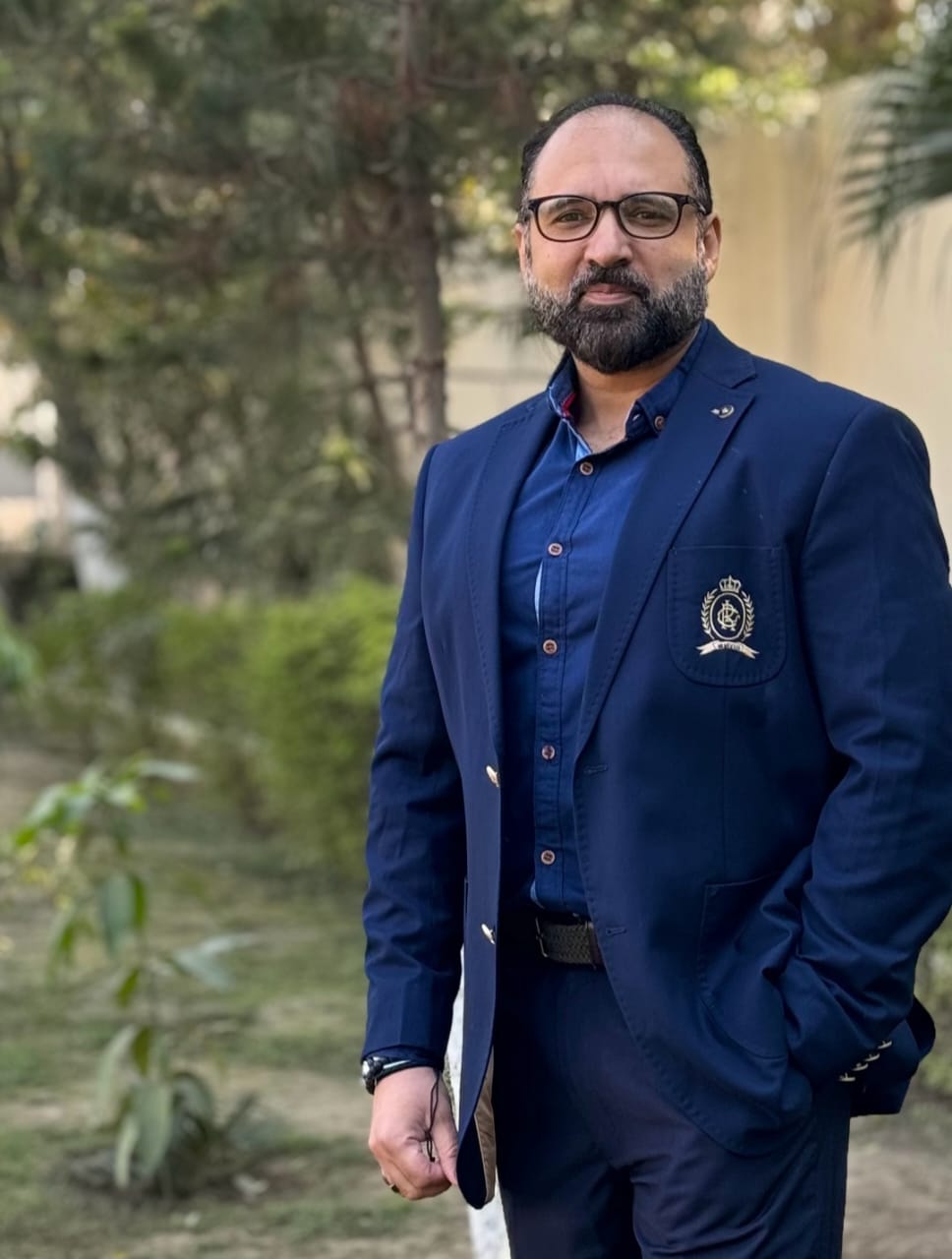
The author is the founder and CEO of Pakistan Blockchain Institute and AnZ Technologies, leading initiatives in blockchain education and technological innovation.
